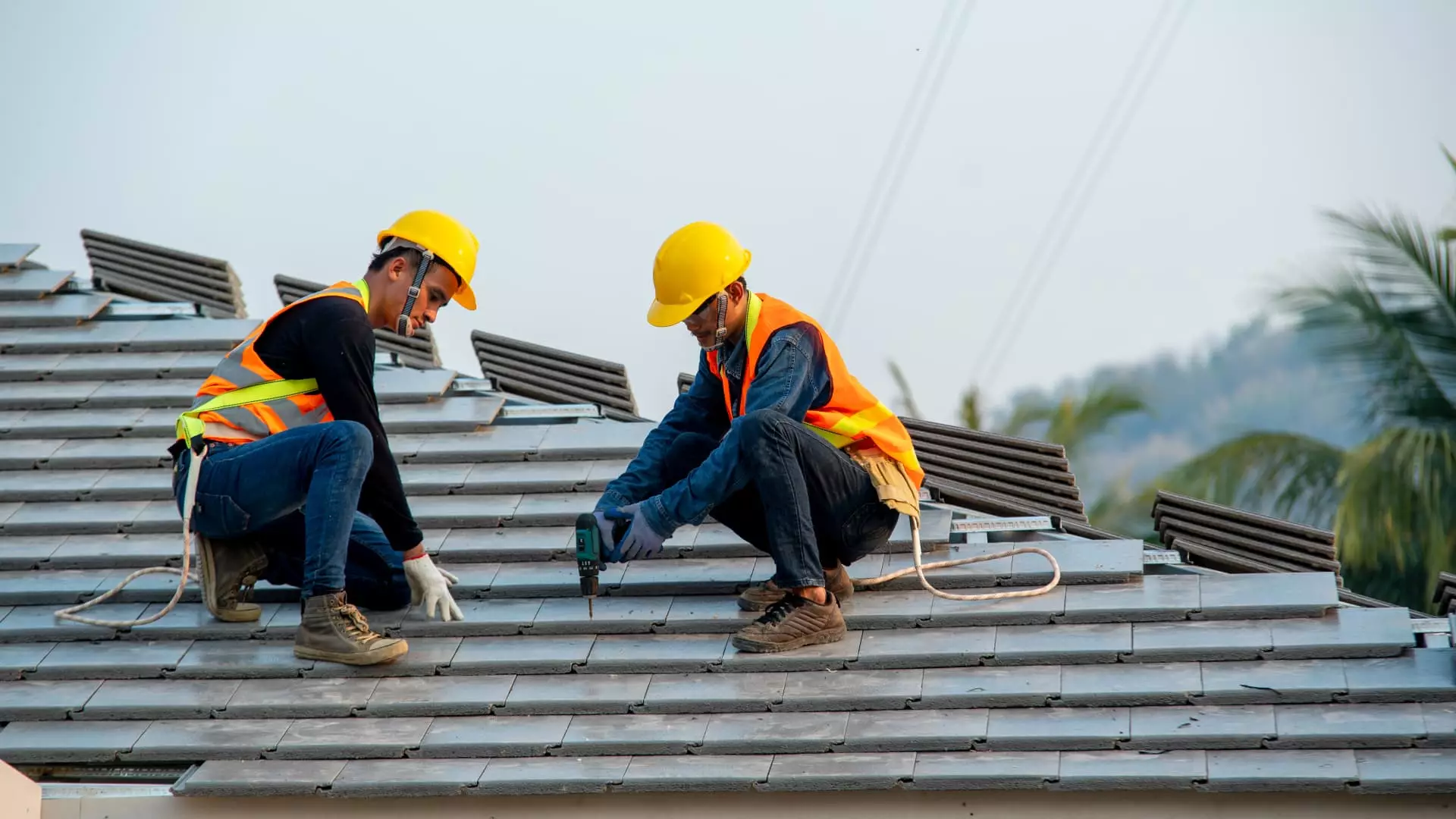Home repairs and renovations are an undeniable financial burden for many homeowners across the United States. With the cost of materials and labor consistently rising, it isn’t surprising that homeowners are increasingly seeking ways to cut costs. In an unsettling revelation, a significant portion—approximately one-third—of homeowners are willing to consider hiring a contractor, even if their qualifications and reputation are less than stellar. This statistic, revealed by a report from Clever Real Estate, indicates that the eagerness to save money may lead homeowners into potentially disastrous situations.
A recent survey of 1,000 U.S. homeowners shed light on their priorities when selecting a contractor. The findings showed that while reputation remains the foremost concern for 25% of homeowners, other factors like experience, cost, referrals, availability, and project timeline considerably influence their decisions. A troubling trend emerges from these statistics: to save money, many homeowners may overlook the critical role that a contractor’s reputation plays in the quality of work and overall experience.
Jamie Dunaway-Seale of Clever emphasizes that the definition of a “questionable contractor” involves dishonesty regarding pricing, overestimation of their skills, poor quality work, and even unreliability in showing up for the job. This discovery prompts one to consider the risks involved in compromising on who performs critical repair work in the home.
Particularly after natural disasters, the risk of contractor fraud escalates dramatically. Loretta Worters of the Insurance Information Institute notes that opportunistic individuals can prey on distressed homeowners looking for quick repairs. Indeed, scammers often swoop in, promising repairs, only to vanish with the homeowners’ money without completing the work. The Justice Department and the Consumer Financial Protection Bureau have recently issued warnings against both fraud and price gouging. As homeowners process the aftermath of disasters—such as the anticipated Hurricane Milton—being vigilant about who they hire becomes crucial.
While coping with emotional and financial stress due to storm damage, homeowners risk becoming victims not just of nature but also of unscrupulous contractors. Hence, the importance of conducting thorough research before engaging anyone for home repairs cannot be overstated.
In the context of selecting a contractor, Angie Hicks of Angi argues that turning to inexperienced contractors may be a better choice than hiring someone with a dubious background. The advice resonates clearly: homeowners must exercise caution and conduct due diligence before making hiring decisions. Not only must they vet the professional’s credentials, but they must also visit the practical aspects of hiring, such as insurance coverage and proper licensing.
Many states require contractors to possess licenses, and it’s essential that homeowners verify these details to mitigate future issues. Those without the necessary qualifications can lead to subpar work that not only fails to resolve home issues but can lead to additional costs down the line.
The quest for a qualified contractor can seem overwhelming. However, experts recommend several practical steps to simplify the process. Beginning with online research and word-of-mouth referrals from family and friends provides an excellent starting point. Positive reviews can help build a shortlist of potential candidates.
Additionally, asking for references allows homeowners to get a glimpse into past performance and reliability. A straightforward litmus test is whether a contractor is comfortable providing contact information for former clients. Hesitancy in this regard may be indicative of deeper issues.
Verifying credentials and insurance coverage is another pivotal step. Authentic contractors will readily provide proof of these essentials to instill confidence in their abilities. As homeowners navigate early interactions, they should look for transparency in estimates and pricing to avoid falling victim to vague financial outlines.
Equipped with multiple estimates, homeowners can compare costs and gauge value. Angie Hicks notes that a common rule of thumb is that upfront payments should not exceed 10% to 20% of the total estimated cost for larger projects. Drawing contrasts between estimates also provides insight into reasonable pricing.
While savings are a significant motivation for homeowners in the midst of home repairs and renovations, the decision-making process cannot afford to sacrifice the quality and integrity of the work. Seeking out reputable, experienced contractors who are willing to produce detailed estimates ensures homeowners reduce their risk of ending up with regrettable, costly choices. The path to successful home renovations is paved with thorough research, careful evaluation, and prudent decision-making.

